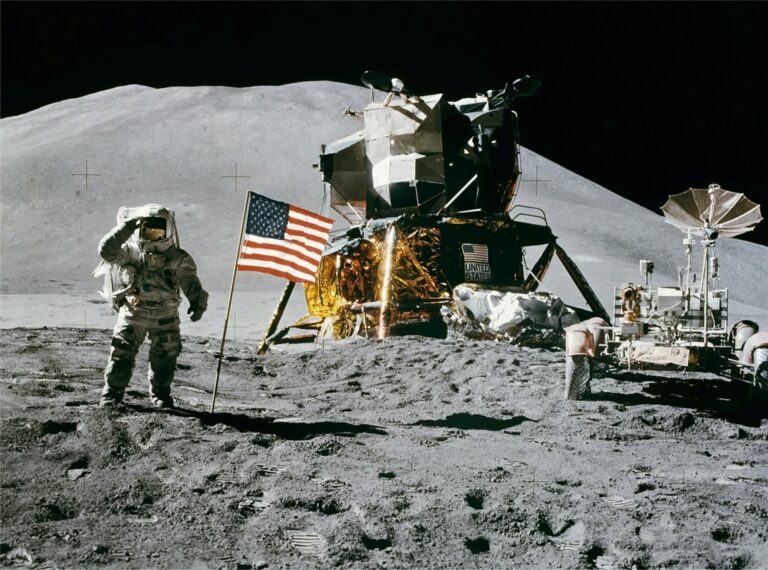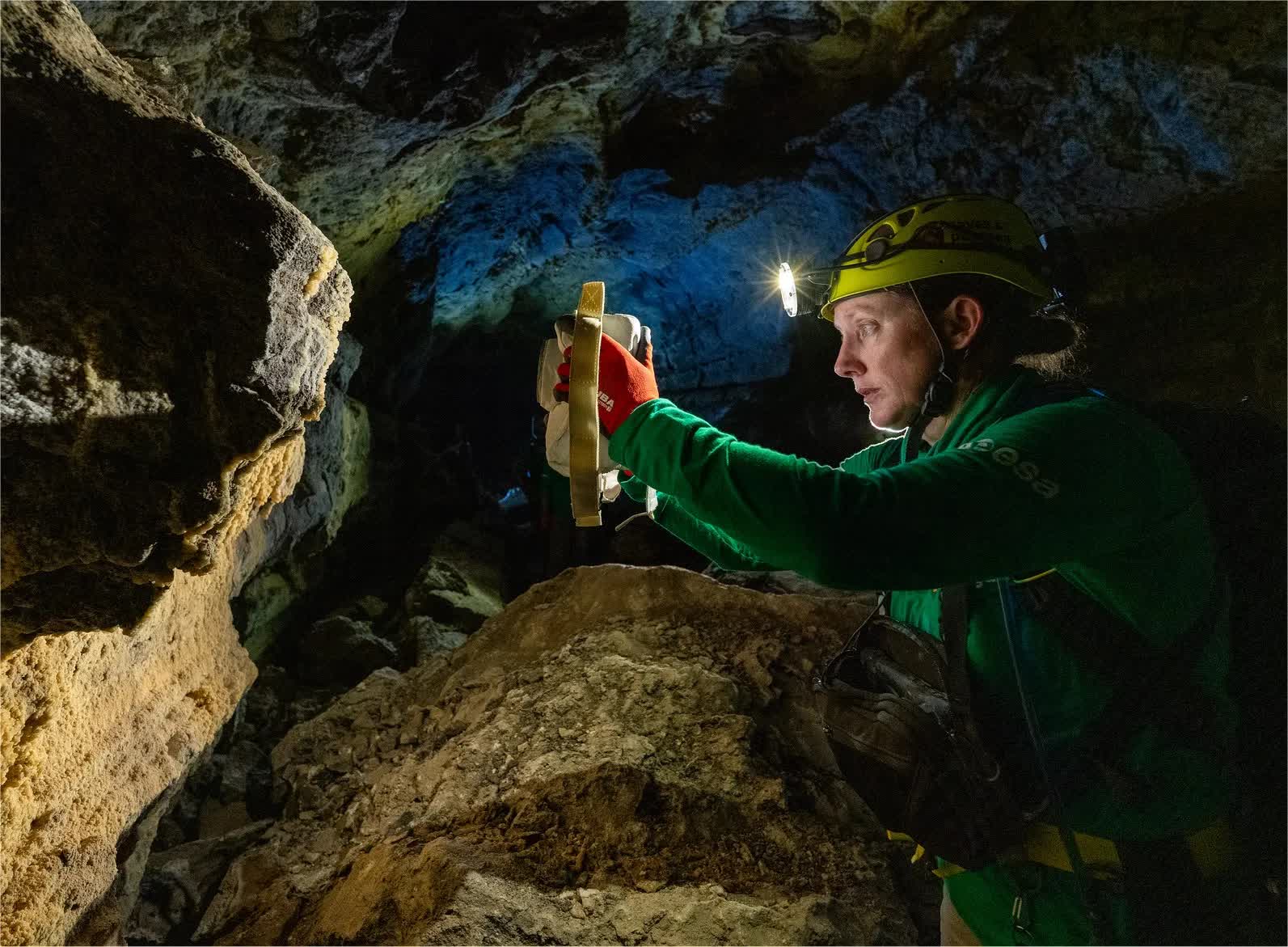
[ad_1]
Forward-looking: When NASA astronauts return to the Moon later this decade, they’ll be equipped with a custom handheld camera developed by one of the world’s leading camera makers. That’s because NASA and Nikon recently signed a Space Act agreement that outlines their partnership to develop a modern camera that can withstand the harsh environment of the lunar surface.
Space agency experts have already performed initial testing on an off-the-shelf Nikon Z 9 mirrorless camera to get an idea of what sort of specs it needs to be able to operate on the Moon. Armed with that data, the two are now co-developing a modified version of the Z 9 that will be known as the handheld universal lunar camera (HULC).
NASA said the new camera will use Nikkor lenses, a NASA-made thermal blanket to protect it from the elements, and a custom grip that will allow astronauts to use it while wearing spacesuits. Internal electrical components will also be modified to reduce the effects of radiation.
The new camera should offer far more flexibility compared to the hardware astronauts used during the Apollo program. Those cameras didn’t have viewfinders, and separate units had to be used for video and photos. The new Nikon camera will have a viewfinder and be able to shoot both still photos and video.

NASA is already conducting thermal, radiation, and vacuum testing on an early version of the camera to simulate how it will behave in a space-like environment. It has also been used by suited astronauts in simulated spacewalks in Arizona, and during geology training in Spain.
HULC will be used during Artemis III, in which NASA aims to land Americans on the surface of the Moon for the first time in over 50 years. NASA recently delayed Artemis II and Artemis III; now, the latter isn’t expected to happen until September 2026 at the earliest. NASA said it also plans to send the camera to the International Space Station to demo its capabilities beforehand.
[ad_2]